So, today is the 15th March. Today also marks the thirty-fourth years since I was born. Happy Birthday to me!
Much of my life, I have experienced the symptoms of a neurological disorder. A disorder that has since become a large part of my life. Yes, much of these symptoms were subtle, seemingly benign, quirks brushed off as nothing out of the ordinary.
The strange, trembling sensation in my legs, I’ve experienced for as long as I can remember, and so which I thought was natural, and something everyone experiences. The crippling pain attributed to growing pains (ironic as I’m only 4″11 and so growth isn’t something that has happened much in my life!).
But even as life with chronic illness and it’s accompanying symptoms has gone on for so long, I never imagined it would become a such a massive part of my life, as it has. The neurological condition, FND the diagnosis which eventually came after so many years has taken so much from me. But it has also taught me so many lessons. And so as I enter my 34th year on this earth, I thought I would share 34 lessons that living with a neurological condition has taught me.
"As I enter my 34th year on this earth, I thought I would share 34 lessons that living with a neurological condition has taught me." Click To Tweet34 Lessons That Illness Has Taught Me In 34 Years
1. You can never know what a person is going through
Living with a neurological condition that is invisible makes you appreciate that not everything is as it initially appears. When an illness is hidden, and the symptoms that are very real to us, but cannot be discerned by others, we can begin to feel judged for looking healthy and normal. Very often, people assume that there is nothing wrong with us because we “don’t look sick.”
"Living with an invisible condition has taught me to look beyond what we see and recognise that every person is fighting their own personal, invisible battles." Click To TweetSo, living with an invisible condition has taught me to look beyond what we see and recognise that every person is fighting their own personal, invisible battles. It has taught me more about compassion and empathy with others than anything else I have gone through.
2. The people you can count on and who values you
There is nothing like living with a life-long health condition to make you realise who you can count on and the people who truly value you. When living with a chronic illness, you often find that many people will walk out of your life or begin to ghost you. Living with FND has therefore weeded out those people who didn’t value me, and who will stick by me no matter what, through thick and thin. I now know who I can rely on, and who sees me beyond that of a person living with a chronic illness. And more importantly, who are the people worth having in my life.

3. You know your body better than anyone else, including doctors!
As someone who has lived with symptoms for many years, and subsequently has them dismissed by medical professionals, living with FND has taught me that I know myself and my body better than anyone else. For many years, doctors attributed my symptoms to anxiety and depression. Deep down, I knew that there was something more going on but began doubting myself with the repeated dismissals. So, when the diagnosis came, I felt nothing but relief and validation. It also helped me realise to have more faith and confidence in my concerns regarding my health and body.
4. There are always lessons to be learned even after living with illness for so long
I assumed that after a time, it would become easier to deal with a chronic illness. I believed that after a time, I would learn all the lessons that there is about living with chronic illness, and there would be nothing more to learn. But, I’ve since learned that living with a health condition is a continual learning curve. Some days are better than others. There are days you can cope, and others you don’t. And times, where your preferred coping techniques work and times where they don’t. And as more symptoms crop up, and more diagnoses appear, there is always much to learn.

5. You are not alone
For so many years, especially when the illness left me permanently alone and isolated, I felt like I was the only one who felt the way I did. It often felt that I was the only one to experience these symptoms. But social media helped me to realise that I am not alone and helped me to connect me with so many others going through the same or similar experiences.
"But social media helped me to realise that I am not alone and helped me to connect me with so many others going through the same or similar experiences." Click To Tweet6. You are stronger than you think
Through living with a neurological disorder, and the many limitations it presents, it has taught me that I can cope with more than I ever thought I could. It has taught me more about resilience and perseverance than anything else.
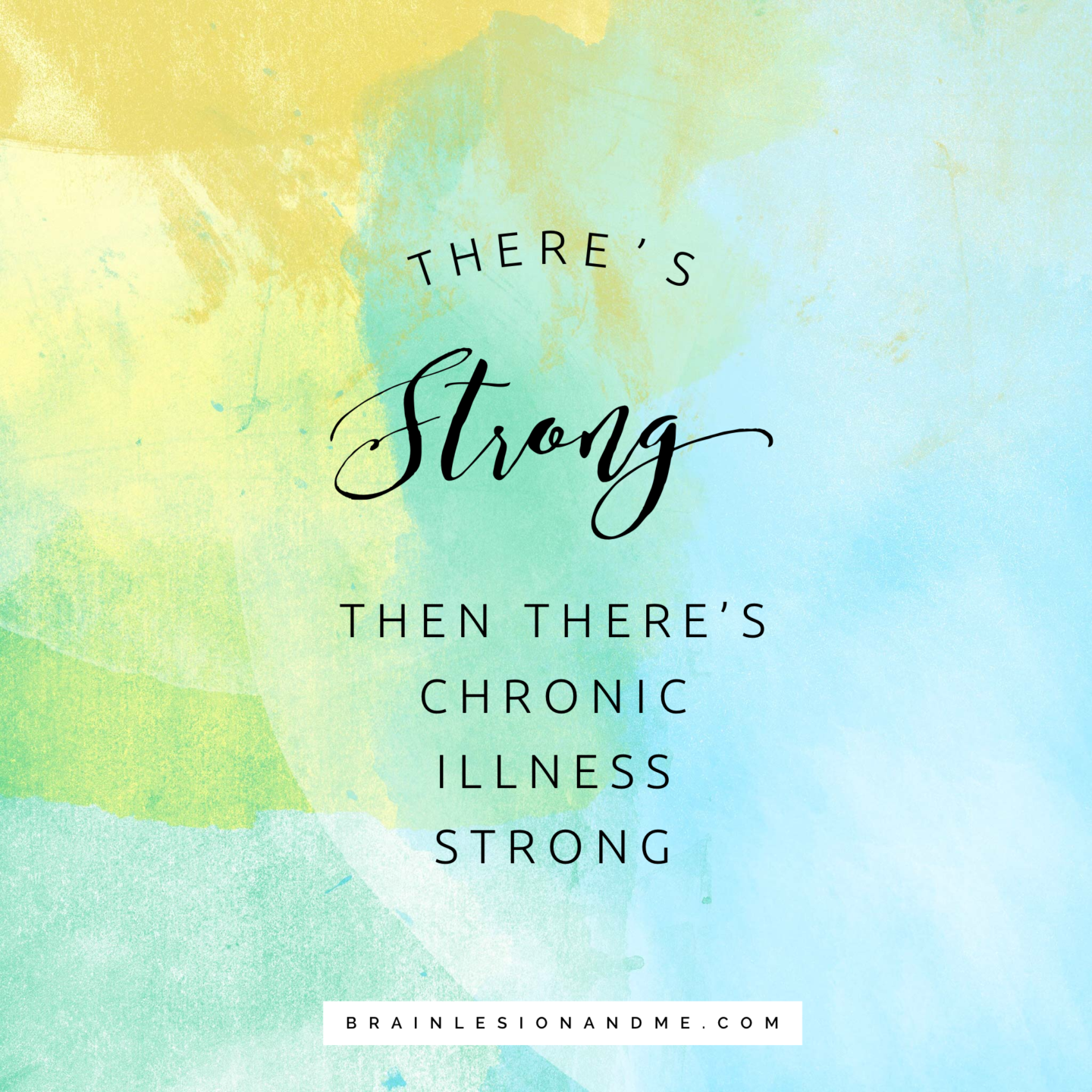
7. The bad times will eventually pass
It too shall pass. Yes, living with a chronic, incurable illness is much like riding a rollercoaster, with infinite ups and downs. But it has taught me that despite the difficulties of the downs, they eventually pass.
8. Gratitude is so important
There is always something to be grateful for, even on the bad days. On the worst of days, when the pain seems too much to bear, there is light to be found. And a moment which to be grateful for, and a small win against the darkness of illness.
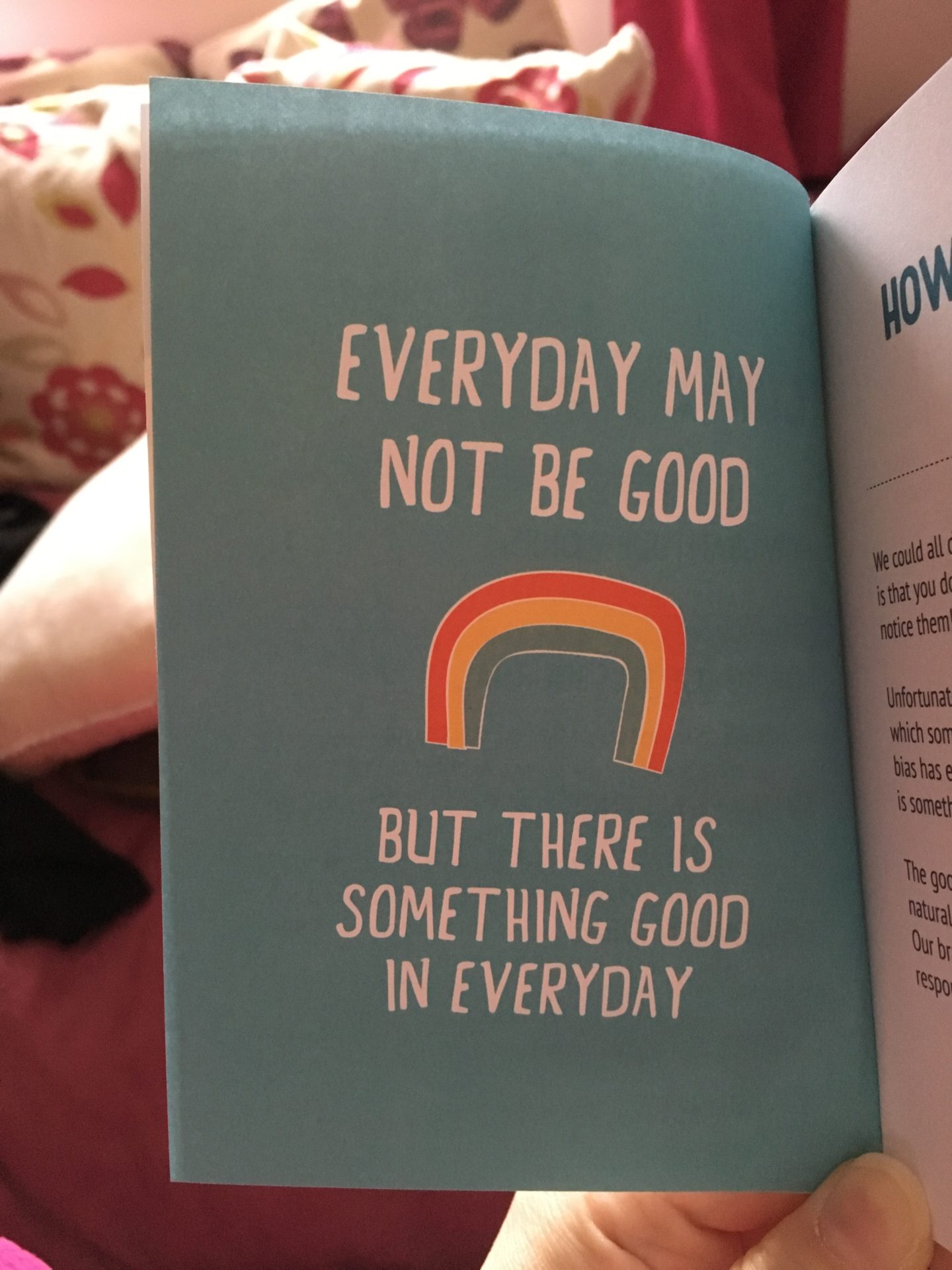
9. Don’t compare your journey with anyone else’s
Comparison is truly the thief of joy. Yes, many things living with FND stops me from doing or stopped me from achieving certain milestones. But comparing myself to other people, or what I see on social media is not helpful, or makes me feel any better. Chronic illness has taught me that we are all on different journeys, and that is OK.
10. You can’t always control what happens to you, only how you respond to it
Yes, living with a chronic illness and how it affects life is not always in our control, but we can choose to wallow in the misery of the situation or find the positives and make the most of our life with a long-term health condition.
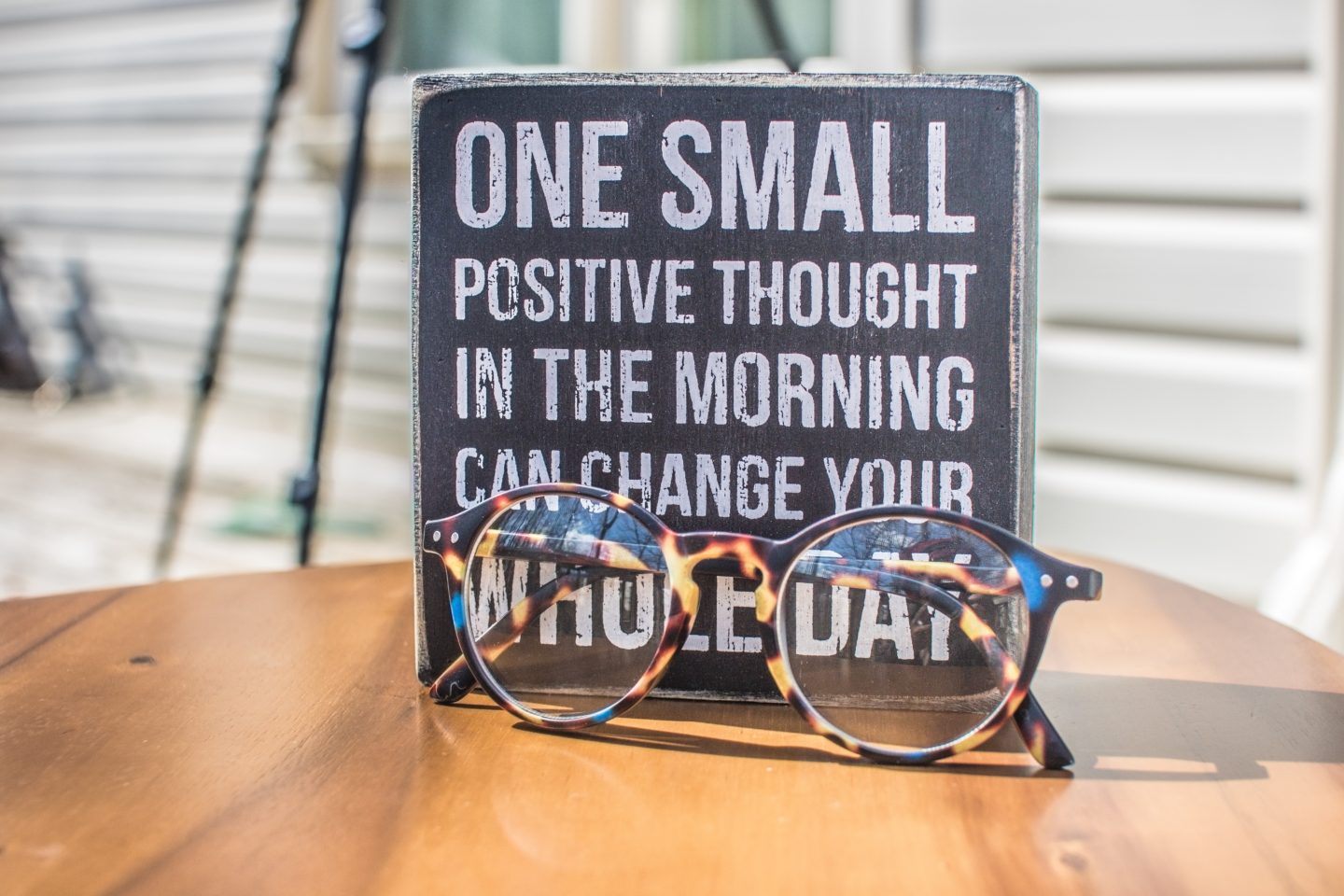
11. The importance of flexibility and going with the flow
When living with a chronic illness, it is hard to be spontaneous. But it can also be hard to make plans when you are unable to know how you are going to feel on any particular day. So you learn to be accommodating to your body, and what it needs.
"It can be hard to make plans when you are unable to know how you are going to feel on any particular day. So you learn to be accommodating to your body, and what it needs." Click To Tweet12. Acceptance is challenging to find, and even more so to keep
Acceptance is crucial in learning to live well and successfully with a chronic illness. But time and time again, and especially during the darkest times, I find myself feeling frustrated, angry and disheartened. I become overwhelmed with the worry and uncertainty of the future.
14. FOMO is not only a feeling but a way of life
When living with a chronic illness, FOMO becomes not a feeling but a way of life. Living with a long-term health condition, you learn that you will continually miss out on events and social gatherings.
15. But you learn ways to live with it, and finding ways around your new limitations
But it also helps you learn to live life on your terms, and in harmony with your illness. After the symptoms of FND deteriorated and was left unable to cope with large buildings, I thought travel was something I would no longer be able to do. But now I have found a love of cruising. A way of travelling in a way my condition allows and is agreeable with, at least somewhat!
16. There is no shame in asking for help
As much as we all like to be as independent as possible, living with a chronic illness often reminds you that there are times when you are not. And when such conditions are invisible, it is not always apparent that such help is needed. So, we need to be willing to let go of our pride and stubbornness and ask for assistance when symptoms become debilitating. As time goes on, you learn that it is OK to ask for help and require it, at times. Illness, or not we all need help and assistance at times.

17. The importance of self-care
Living with persistent and debilitating symptoms has taught me the importance of listening to your body, and giving it what it needs. Self-care is vital for everyone, but especially for those living with a chronic illness. It is also something that goes beyond luxurious spa days, for expensive pampering sessions. Just as necessary is nourishing your body with nutrients, getting enough sleep, or using a favourite moisturiser.
18. How to be patient
When you become a patient, you truly learn the virtue of patience. When living with a chronic illness, you learn to be still and to wait because we often have no other choice. We learn to wait for a diagnosis. We learn to wait for the severe and debilitating symptoms to dissipate. It can be challenging and frustrating, but it truly teaches the meaning of patience.
"When living with a chronic illness, you learn to be still and to wait because we often have no other choice." Click To Tweet19. You begin to distrust your body and develop FOGO (fear of going out)
One of the biggest lessons I had learned and the most significant thing to have to adjust to is no longer being able to trust your body. Symptoms often appear without warning, and so you begin to fear them and avoid going out or seeing others. Why? Because you no longer know if you will suddenly becoming unwell, left unable to function, and as a result, will become stuck somewhere away from that which helps comfort you or be alone with them.
20. Doctors don’t know everything
There is nothing like being undiagnosed, desperately searching for what is wrong with you to make you realise that doctors are not infallible. They don’t know everything, and sadly you become only too aware on how often they can be dismissive of patients when they don’t know what is wrong.
21. The importance of pacing
Living with chronic illness and chronic pain means that you have to be aware of your limits, and pace accordingly. This could mean getting up earlier with enough time to be organised, and taking time so not to overexert yourself. Or leaving the house earlier than usual in case you are unable to walk as quickly as the previous day.
22. The importance of celebrating the small achievements
There is no doubt that chronic illness takes a lot. We begin to focus on what it has stolen, and what we can longer do, often feeling like a failure and becoming frustrated as a result. It is, therefore, important to celebrate what we can still do and be proud of the accomplishments that we do manage despite the limitations of chronic illness.
23. You begin to feel lonely and isolated
Living with a chronic illness means that you become trapped and imprisoned inside a body that no longer feels like your own, and which no longer works the way it should. The severity of the symptoms also means a significant amount of time is spent in your home, very often, alone and you come isolated and feeling lonelier than you have ever felt before.

24. Your disorder does not define you
It is a big lesson that I often have trouble accepting. It can be so easier to succumb to the illness and begin to feel that it is all you are; that it defines you and your life. But a diagnosis is not another personality trait used to describe you, nor does it overpower the good qualities or those qualities which defined you previously. Illness is a part of us and our story but not one that defines it.
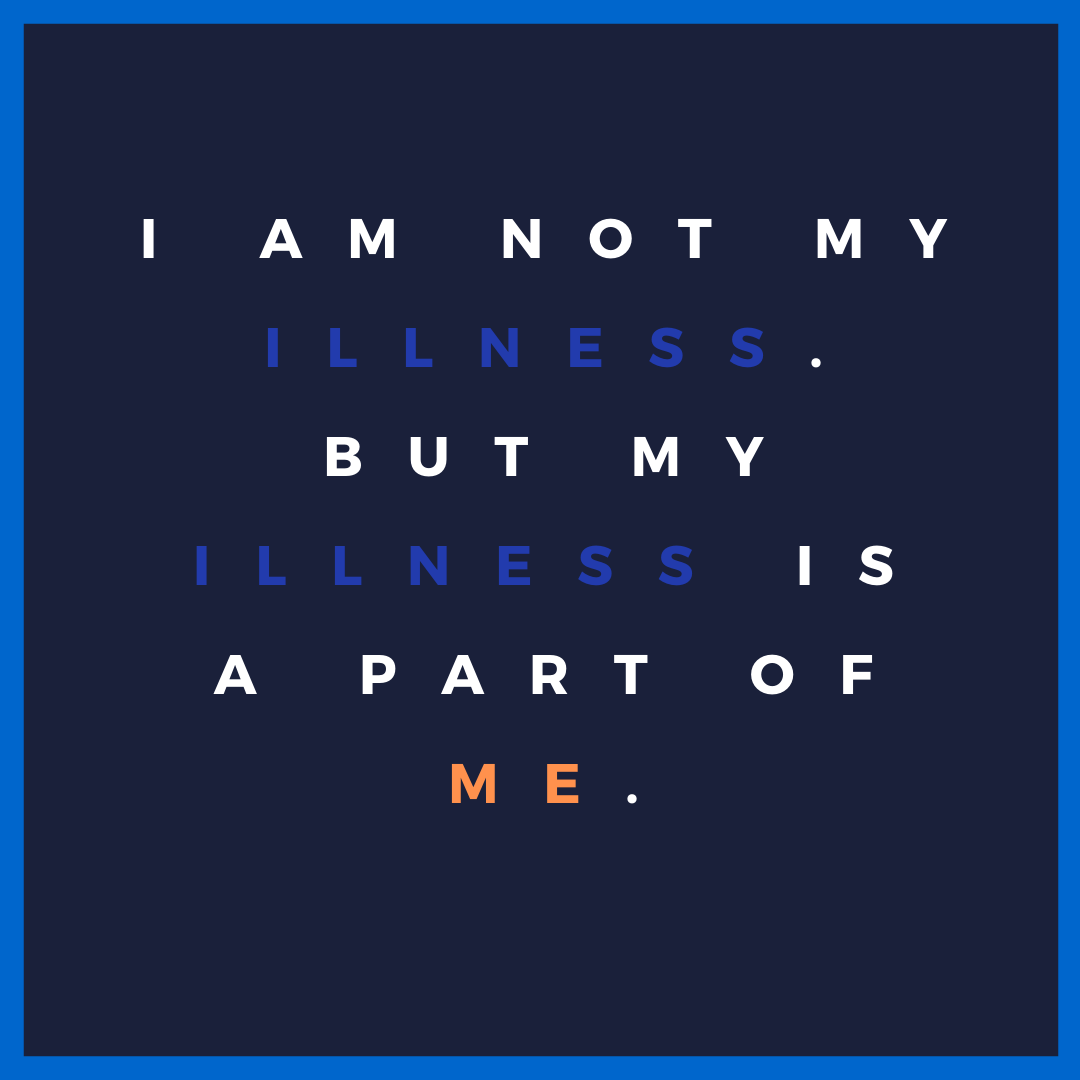
25. The value of the internet and social media
Living with limitations, especially those that make you spend a large amount of time at home, and alone you begin to utilise the internet and social media to connect with others and help keep you entertained. The online world, I have learnt is a beautiful space for learning, sharing, and communicating. There are also brilliant communities for those living with chronic illness to both give and receive support.

26. Netflix, Amazon Prime, and all other TVOD platforms will become your best friend
When living with chronic pain, distraction will become the biggest weapon in your arsenal against this enemy. But there is often not much to do other than lie down and endure such symptoms. Netflix et al. will become the best form of distraction, with some of the shows bringing some welcome relief.
27. Shame and guilt is another unexpected side effect of living with a chronic illness
We often begin to feel shame and guilt for everything we can no longer do, and for not doing our share. Shame and guilt are also perceived for needing to cancel plans, and for needing constant help. And shame permeates at the thought that the illness has gone on for so long. Shame just for being ill.
28. Being ill can affect body image
It is hard to love or feel positive about a body that seemingly no longer listens to my signals. One that is continuously taunting me, letting me know of its dominance with its unpredictability. One which I do not know what it is going to do from one moment to the next. A body which I should have the utmost trust in, but only reminds me that it plays by its own rules.
29. We begin to hide behind a mask to protect from judgements and feel ‘normal’
We women, living with a chronic illness, often will use make-up to construct a mask we can hide behind. A facade to allow us to blend in with everyone else and appear normal and healthy. It can help us to increase self-confidence and make us feel better about ourselves.
30. We are not warriors, we are just trying to get through each day
Often people like to paint us as fighters, or ‘warriors.’ But the truth is, we often don’t feel like warriors. During the darkest and most difficult times with chronic illness, we are merely enduring and trying to get through it. We are not warriors; we are just a person living with a chronic illness.
"During the darkest and most difficult times with chronic illness, we are merely enduring and trying to get through it. We are not warriors; we are just a person living with a chronic illness." Click To Tweet31. The spoonie community is full of compassion and support
I and so many others have had the privilege through the internet and social media to have met so many wonderful, caring fellow spoonies.
32. There can be joy found in the smallest of things
Despite the many dark and challenging times when living with chronic illness and chronic pain, there are still many moments of joy and happiness to be found. Even in the smallest and simplest things; such as an unexpected phone call from a friend, or enjoying eating a favourite chocolate bar.
33. Sometimes there are no answers
One thing that you learn from having a chronic illness is that you won’t always get a satisfactory explanation for why certain things happen. There are many people, unfortunately, who never get a definitive diagnosis, or what has caused the disorder in which they live. It is frustrating, but sometimes things simply are.
"There are many people, unfortunately, who never get a definitive diagnosis, or what has caused the disorder in which they live. It is frustrating, but sometimes things simply are." Click To Tweet34. Positivity and hope are not always the answer they appear to be
When living with a chronic illness, people often tell us to stay positive and maintain hope. Easier said than done when constantly experiencing severe and debilitating symptoms, right? Having faith usually only ends up with broken and ruined dreams, as often what we wish never materialises. Hope dashed when once again we wake up in pain. When the flame of hope extinguishes time and time again, our dreams begin to dwindle, becoming hopelessness, sometimes even into despair. Sometimes, accepting the reality is the easiest path and which doesn’t end in endless disappointment.
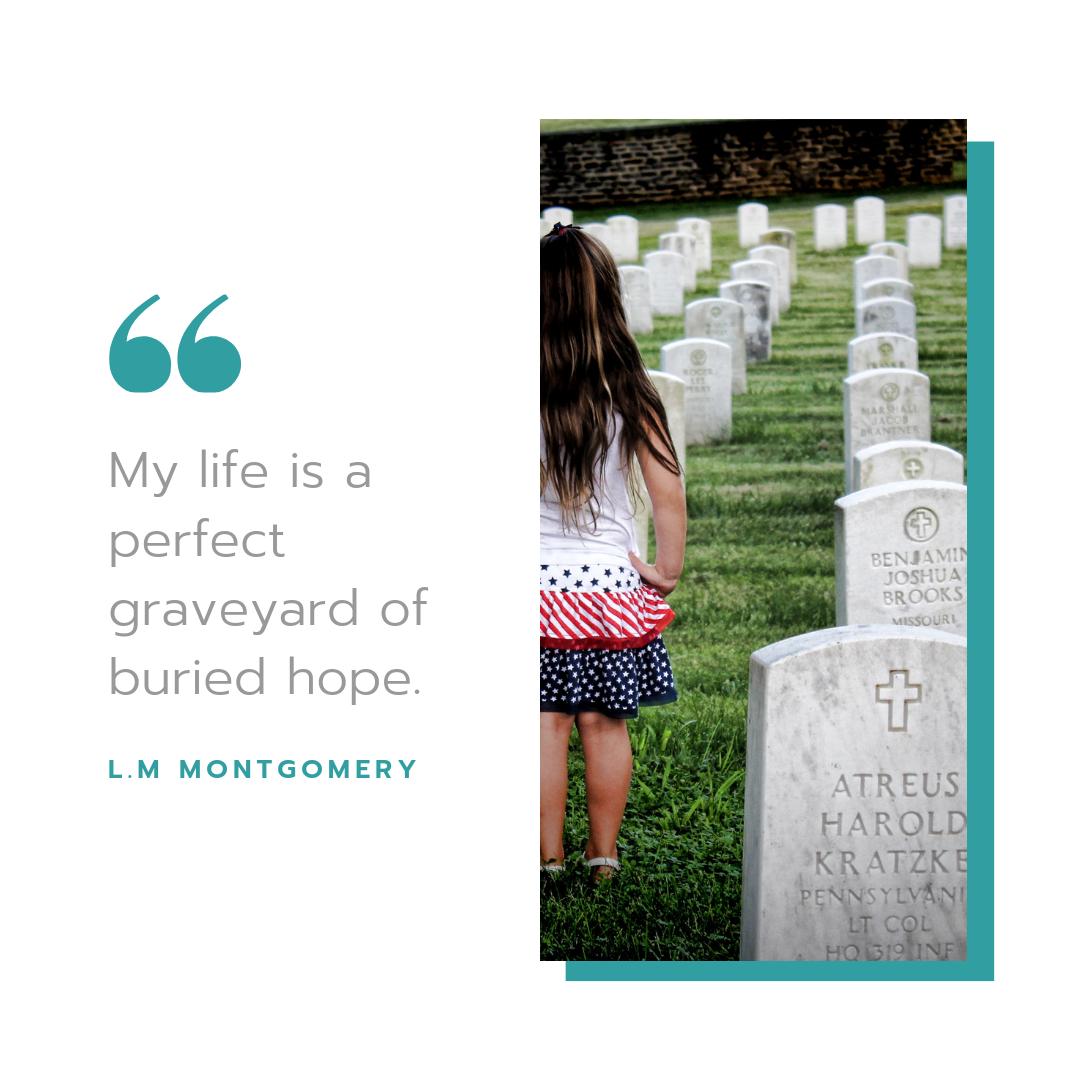
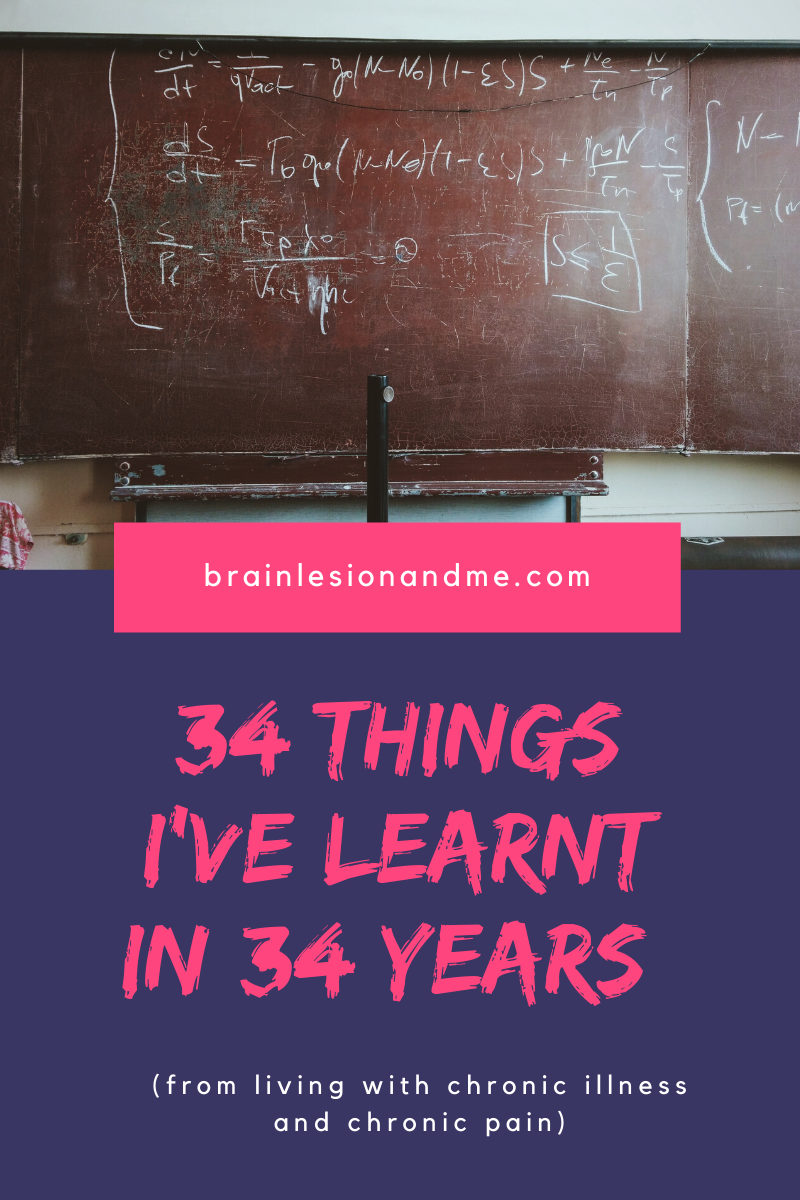
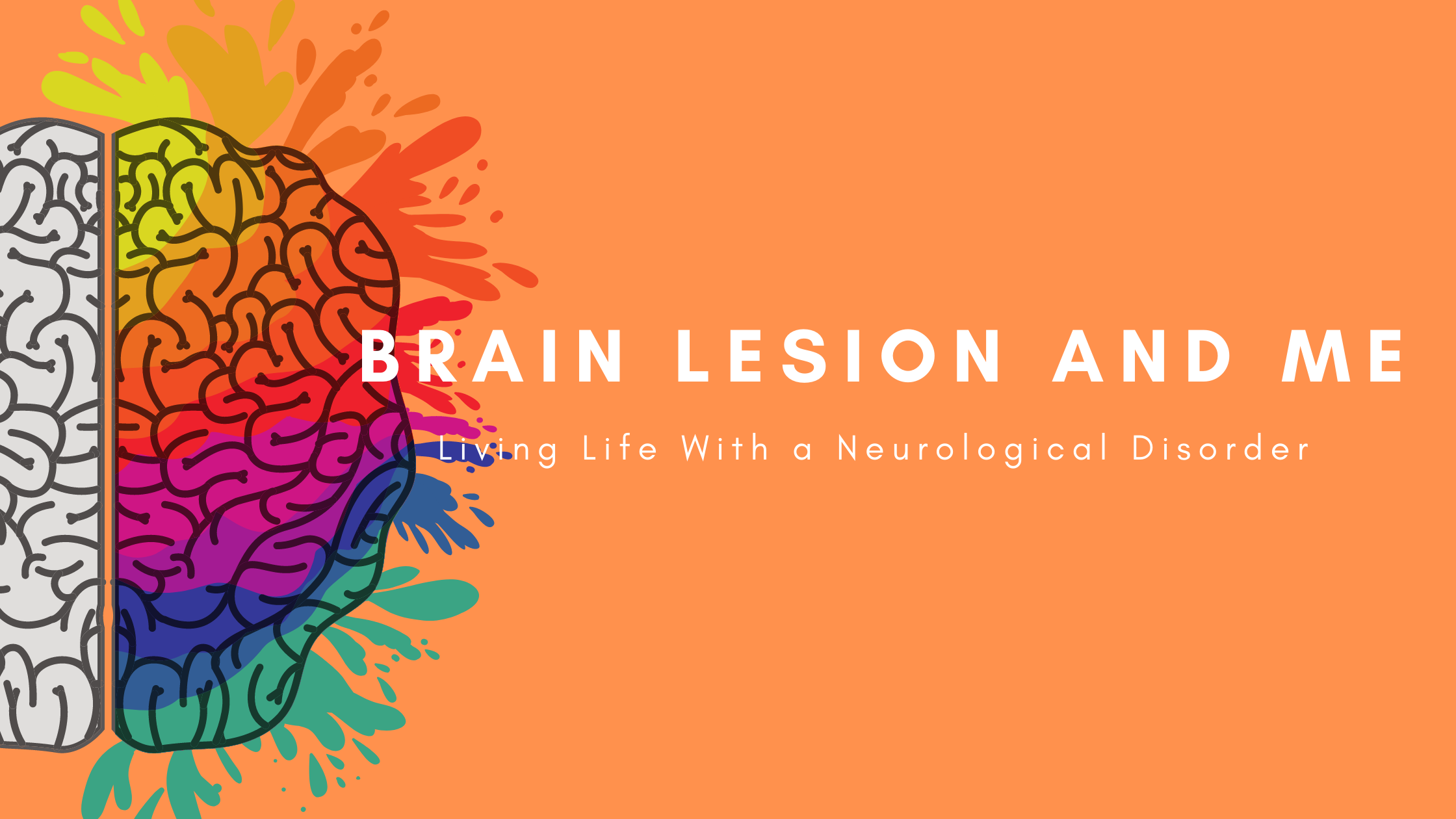

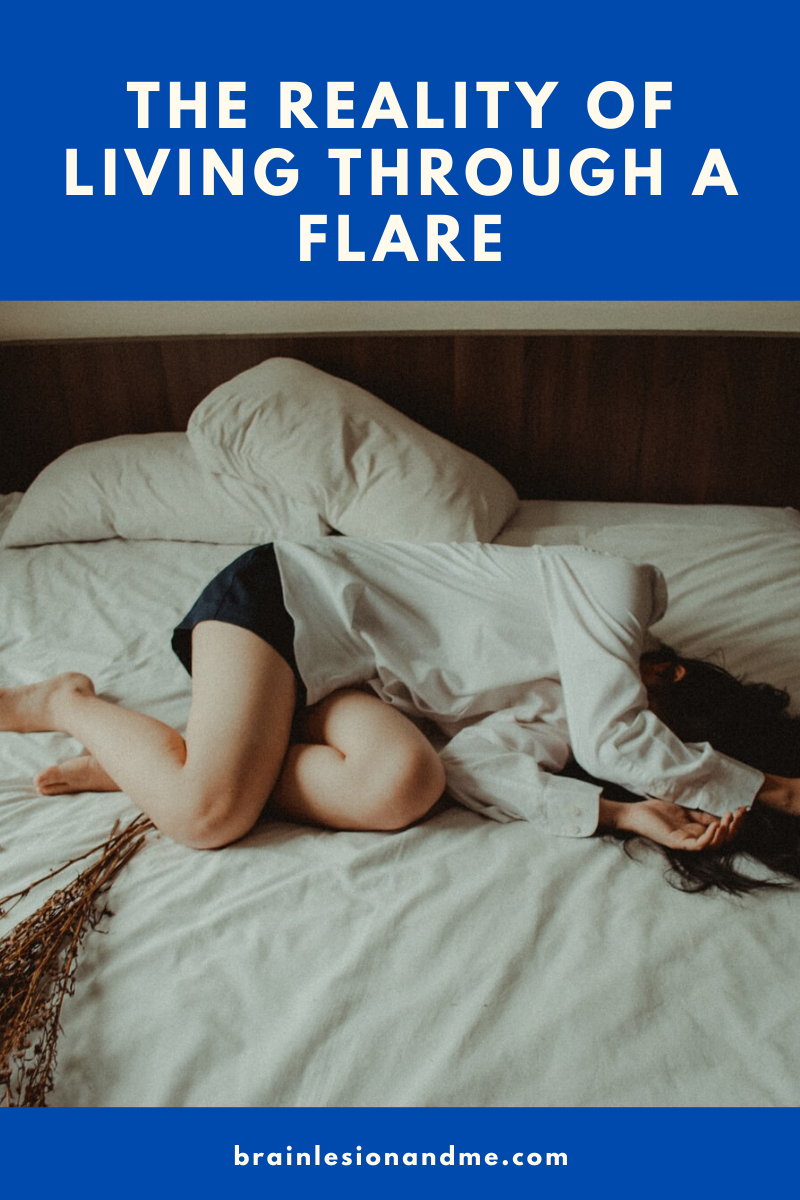

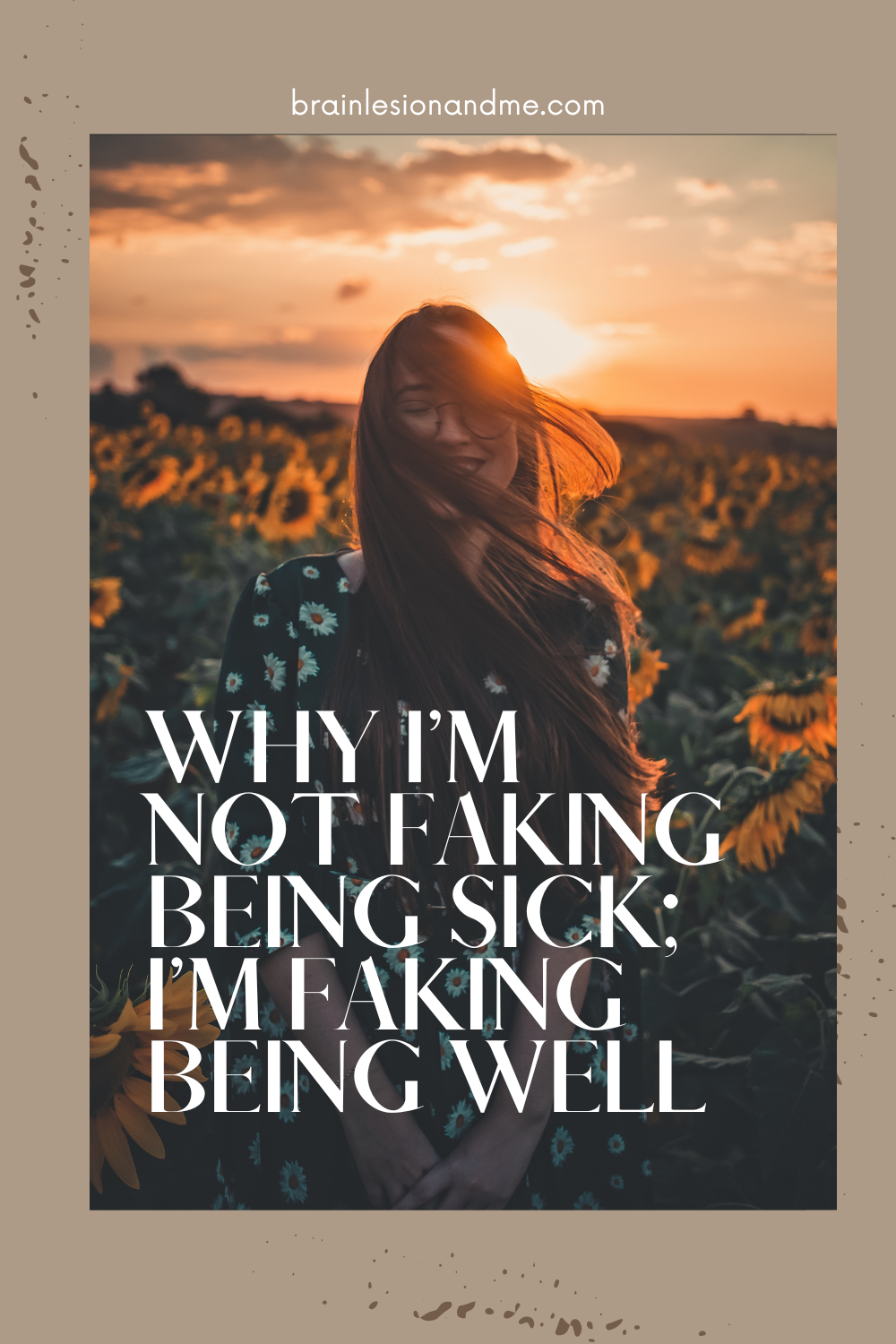

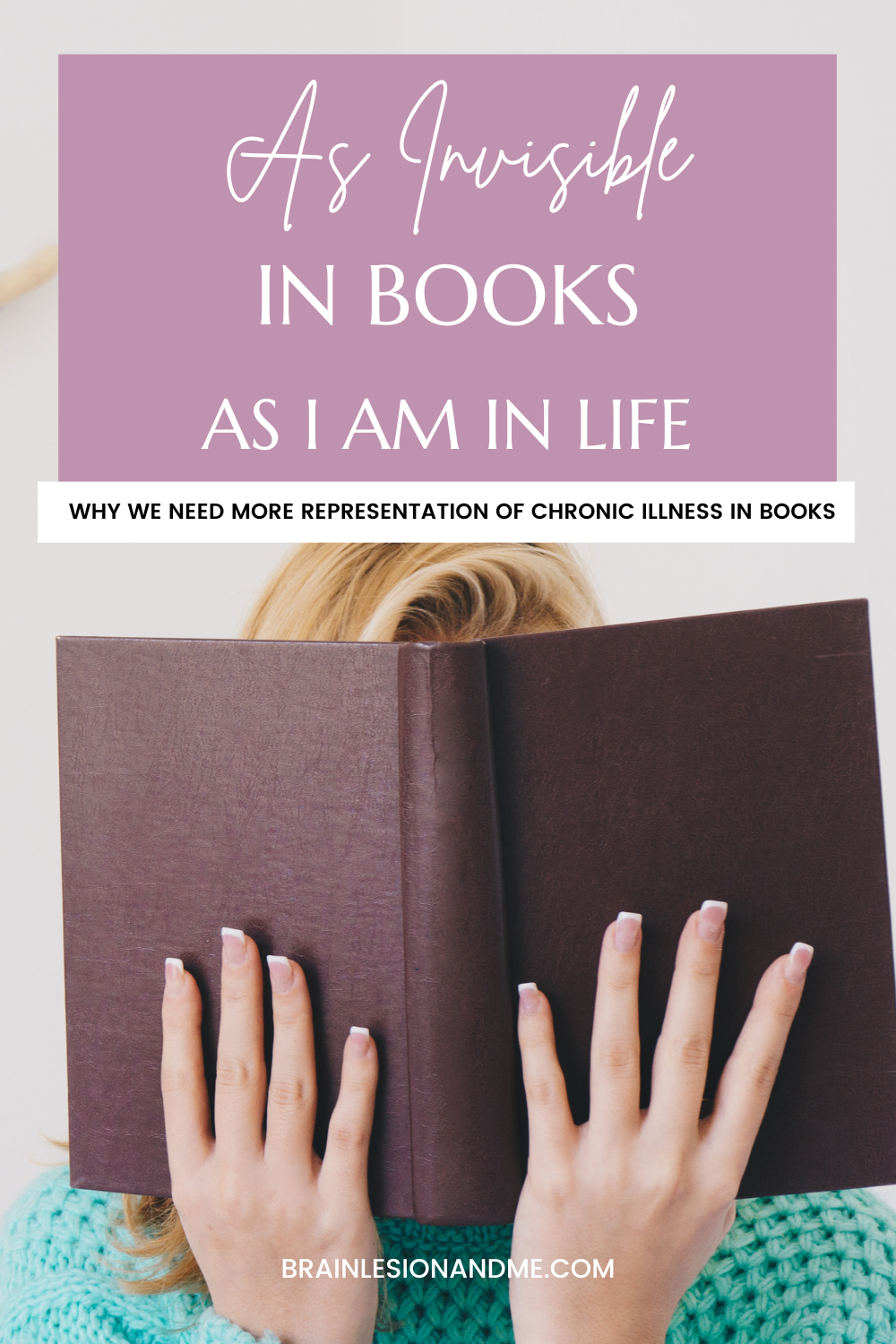
Caz / InvisiblyMe
34 years young, and while birthdays just don’t feel the same anymore (from my experience since chronic illness) I still want to wish you a huuuuuge HAPPY BIRTHDAY!
I love the lessons you’ve shared here, all of which I feel I could say myself (even if some are lessons I’ve learned but fail to remember & put into practice!) Such excellent points, and I especially like no.9; it’s an easy thing to do in comparing yourself to others, for the most part it just leaves us feeling awful in one way or another. And no.27, the guilt factor is a huge one for me and one of the hardest to face because I still don’t really know how to take it down a notch. It’s so pervasive. Everything you’ve gone through, everything you face each day, contributes to who you are today and tomorrow. Chronic illness could make you bitter or resentful, but you rise above and always have such encouraging things to say to others, and I love your spirit. You don’t sugar coat, you show the reality, ugly side and all, because illness is damn difficult. Amazing post. Amazing lady. HAPPY BIRTHDAY, Rhiann!? ♥
Caz xx